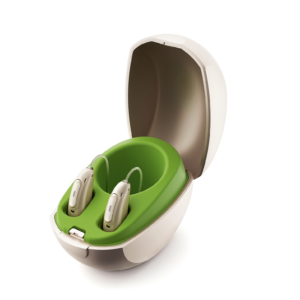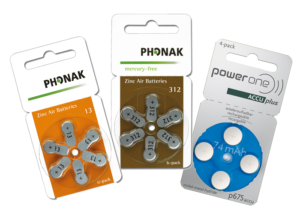Follow these 10 useful care tips for your hearing aids to minimize any potential problems. Taking proper care of your hearing aids will ensure they last for many years.
Handle With Care
Keep Your Hearing Aids Dry
Clean Your Hearing Aids Regularly
Keep Your Hearing Aids in a Safe Place


Moisture can get into your hearing aids through the battery compartment or via the tube or wire that goes into your ear canal. Moisture can also get into your hearing aids as the result of extreme climate temperatures (hot and cold).
You can use a hearing aid dryer every time you clean your hearing aid.
To clean your hearing aids and earpieces each day, use a soft, dry cloth. Do not use water, alcohol wipes, or any other solvents as these could damage your hearing aids.
If your hearing aid has an earmold, remove the earmold and tubing from the hearing aid. You may use warm water and mild soap to wash the earmold. Once cleaned, carefully dry it being careful to remove any moisture from the tubing. Allow it to dry overnight, and reattach it to your hearing aid in the morning.
You should clean the earmold weekly or as needed.